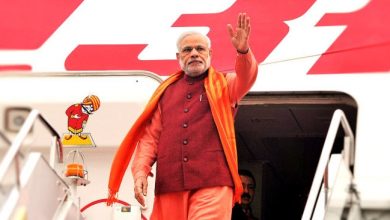Agnikul Successfully Launches Agnibaan Rocket in Sub-Orbital Test

Chennai-based space startup Agnikul Cosmos has successfully conducted a sub-orbital test flight of its 3D-printed, semi-cryogenic rocket, Agnibaan, from its launch pad at Sriharikota. This achievement marks Agnikul as India’s second private entity to accomplish such a feat. The launch, which followed four previous unsuccessful attempts, was conducted without live-streaming and in the presence of fewer dignitaries at ISRO’s Satish Dhawan Space Centre. ISRO congratulated Agnikul on X, highlighting the significance of the first controlled flight of a semi-cryogenic liquid engine realized through additive manufacturing.
Agnibaan is a customizable, two-stage launch vehicle capable of carrying up to 300 kg payloads into orbits approximately 700 km high. The rocket features a semi-cryogenic engine utilizing a mix of liquid and gas propellants, a technology yet to be demonstrated by ISRO in its rockets. The SOrTeD mission is a single-stage launch vehicle demonstration powered by the Agnilet engine, a sub-cooled liquid oxygen-based propulsion system developed indigenously. The startup has also integrated an ethernet-based avionics architecture and in-house developed autopilot software for the vehicle.
The Agnilet engine, noted for being the world’s first single-piece 3D-printed semi-cryogenic rocket engine, supports the mission which lasts just over two minutes from launch to splashdown. Following lift-off, the vehicle performs a pitch-over maneuver four seconds into the flight to adjust its orientation. At 39 seconds, it executes a wind-biasing maneuver to counteract wind effects on its trajectory. The launch vehicle reaches its farthest point (apogee) at 1 minute 29 seconds, before splashing down just over two minutes into the flight, completing the mission.






